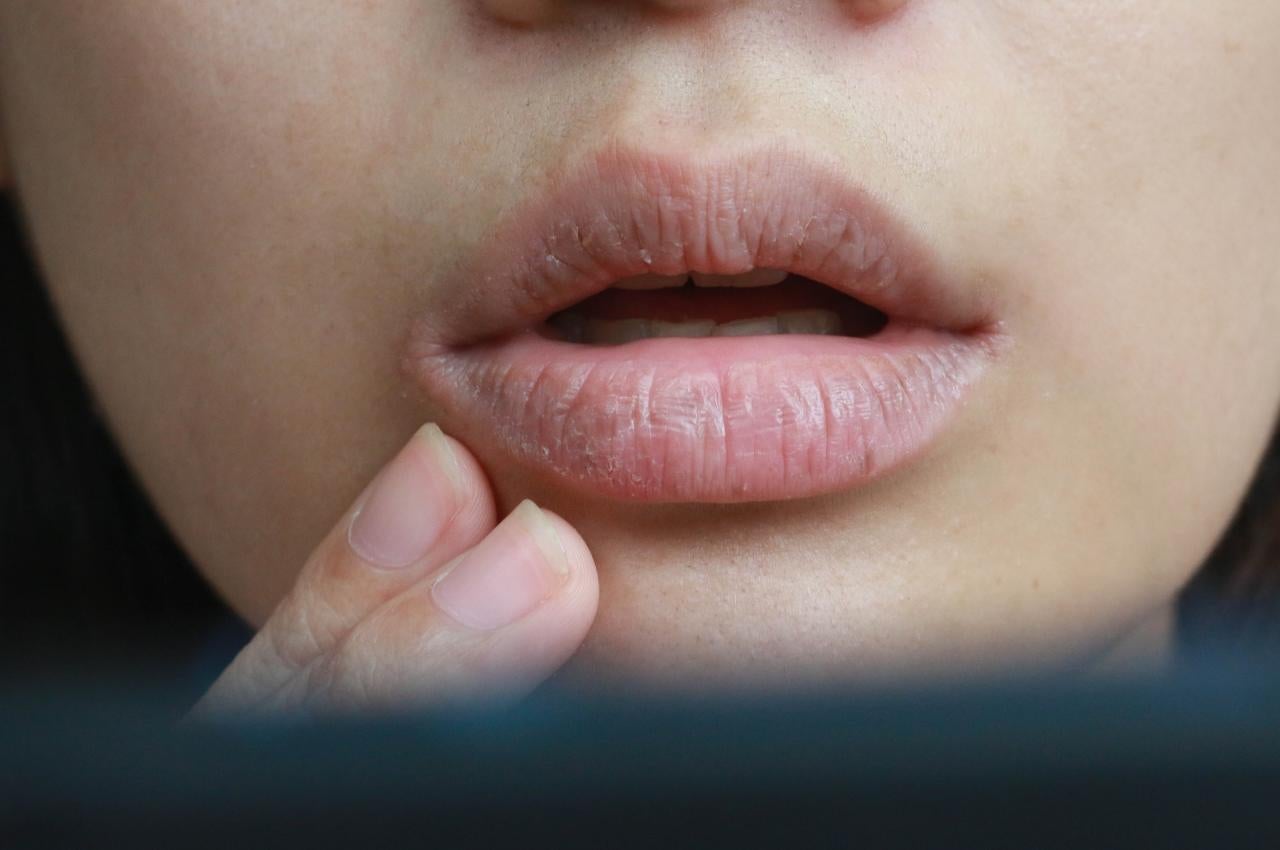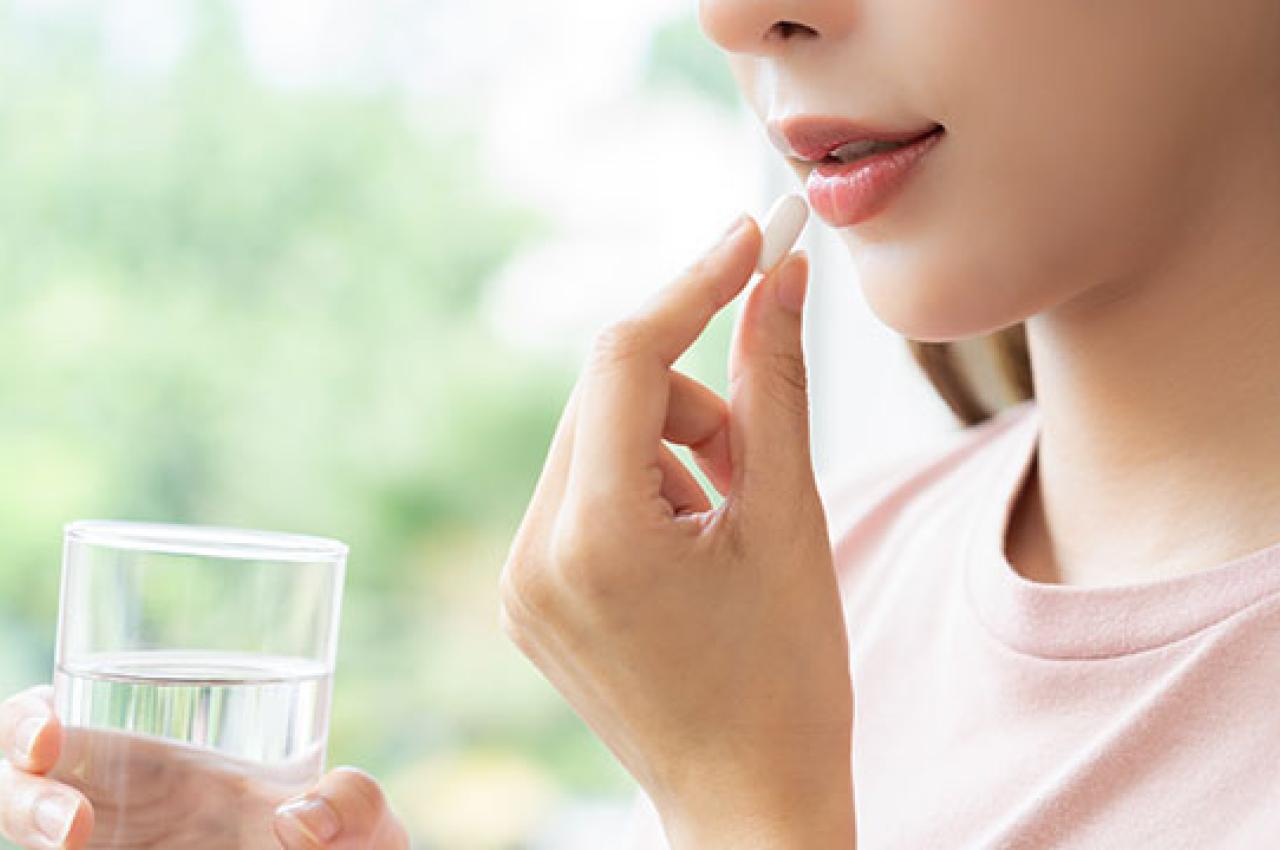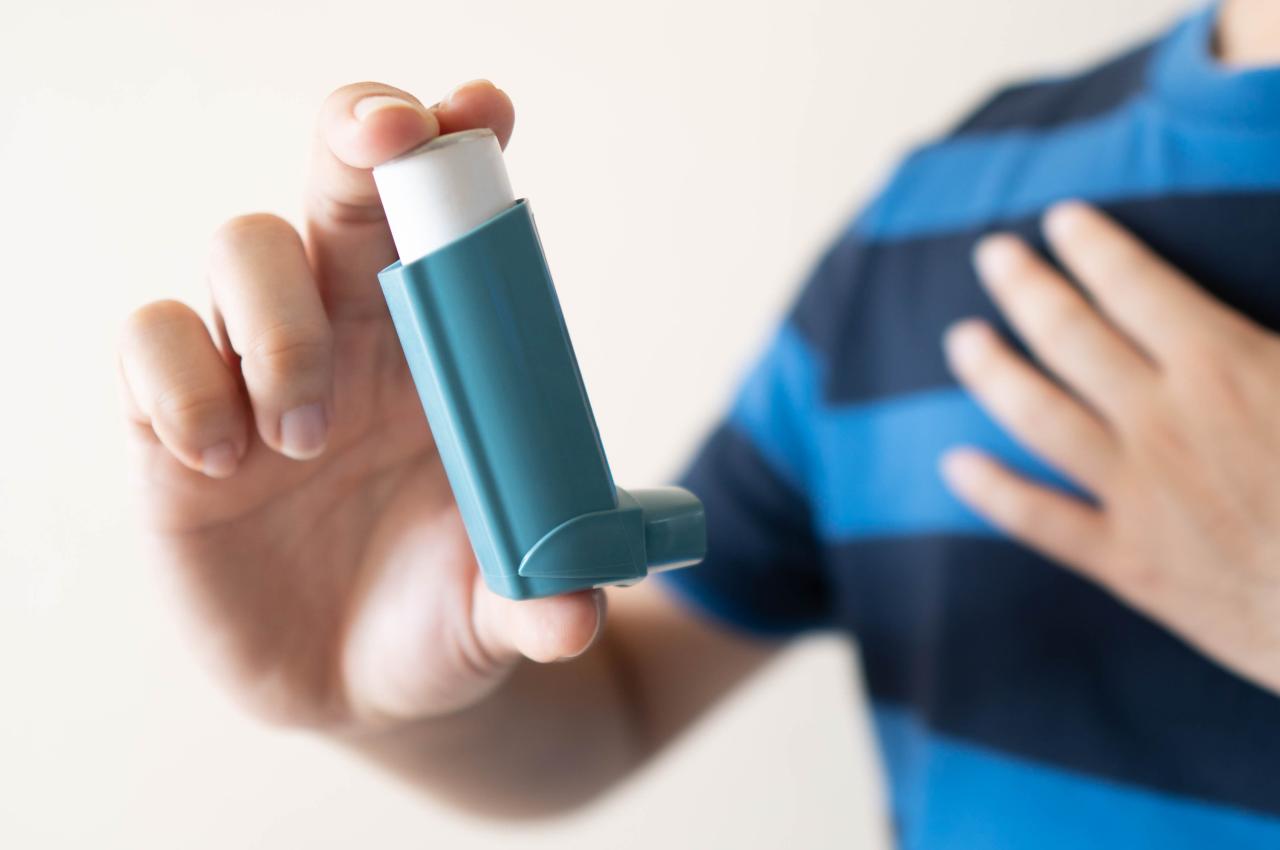Does Your Mouth Feel Dry? Don’t Ignore It
Saliva is complex. Packed with calcium and phosphate, it’s essentially a tooth’s blood supply. But that’s just one of the fluid’s many functions.
“It has proteins that attack various viruses. It’s antibacterial, antifungal,” says Athena Papas, J67, the Dr. Erling Johansen, D49, Endowed Professor in Dental Research at Tufts University School of Dental Medicine. “So it’s not just water, and you can’t replace it by drinking water.”
That’s important, especially to the one in five people who report having xerostomia, or dry mouth. And the likelihood of having xerostomia increases as we age; some 30% of people older than 65 and 40% older than 80 experience the condition.
It’s not hard to recognize xerostomia—according to dentists, if it feels as though your mouth is too dry, you have dry mouth. “It’s as simple as that,” says Vidya Sankar, an associate professor of diagnostic sciences in TUSDM’s Division of Oral Medicine. “You can have complaints of dryness and still actually have saliva. It’s not an objective decrease in saliva function, it’s the perception of dryness in the mouth.”
Whether it manifests as a feeling of dryness or as a measured decrease in saliva, the condition is often caused by disease or medication. With dry mouth, the inside of your mouth might feel sticky, and you can get “that white saliva in the corners of your lips,” says Jonathan Stephens, chief medical officer at TUSDM.
If the corners of your mouth crack, a condition known as angular cheilitis, that’s an early clue that your mouth might be saliva deprived. “If your mouth burns, you have bad breath, or suddenly have more cavities, xerostomia could be at play,” Stephens says.
It Creeps Up on You
Papas, a professor in the Department of Basic and Clinical Translational Sciences at TUSDM, has decades of experience treating xerostomia patients, and has been instrumental in launching medications to treat the condition.
She notes that some people feel as if their mouth is dry, yet their saliva level is normal. Others feel fine, but they have much less saliva than they should. People can have a 50% reduction in saliva before they notice anything, Sankar says, adding “dry mouth is something that really creeps up on you.”
Xerostomia can occur as a side effect of medication; when head and neck radiation, used to treat cancer, destroys salivary function; or because of diseases like the autoimmune condition Sjogren’s, diabetes, or HIV/AIDS.
Medications are the top reason for dry mouth, in part because so many interfere with salivary function.
“Sometimes it feels like it’s easier to talk about the medications that don’t cause dry mouth than the ones that do,” Stephens says. More than 1,000 medications can lead to varying degrees of xerostomia—and the more medications you take, the higher your chance of developing dry mouth.
Psychiatric drugs cause the highest loss of saliva, Papas says. Those include antidepressants and antipsychotic drugs; the latter can also be used to treat depression, Stephens notes. Drugs to manage blood pressure and bladder control also cause dry mouth.
About 90% of seniors are on at least one medication, Papas says. “A common perception is ‘Oh, you’re getting older, of course, you have dry mouth.’ So people kind of think that it’s a normal process of aging,” Sankar says. “It’s not necessarily aging that’s causing the dry mouth, but as you age, you get more and more people with diseases, and they’re on medications to control the diseases.”
Going off a medication that keeps the rest of your body healthy in order to restore your saliva flow isn’t usually recommended—but the potential effects of dry mouth are also serious. No one wants bad breath or cavities—or something more serious.
When there’s no salivary flow, “you can get stones in the ducts,” Papas says. Known as sialolithiasis, salivary duct stones are typically made of calcium phosphate and hydroxyapatite, a mineral that is crucial to tooth enamel.
Moreover, “You can get an infection in the salivary glands, which is pretty awful,” Papas says. “You can get swelling, and sometimes you have to go on IV medication.”
From Fluoride to Gene Therapy
Dry mouth can affect your ability to talk, and to eat. Saliva is where our digestion begins, Stephens says. We need enough of it “to form the food into what we call a bolus, to be able to swallow it.” Lack of saliva also accelerates tooth decay, which, when untreated, can lead to tooth loss.
“That’s why we have a whole set of preventative measures,” Papas says. It’s important to tell your dentist about what medications you’re taking, and if those change.
Your dentist can diagnose dry mouth with Fishburne tabs, which measure the amount of saliva in the mouth, and might recommend more frequent cleanings, a fluoride wash, in-office fluoride applications, or prescription high-fluoride toothpaste to keep your teeth healthy.
If you’re on medication that can be replaced with a different medication that causes less dry mouth, Sankar suggests talking with your doctor about the options. “There are three or four classes of blood pressure medications,” she notes, each affecting saliva production differently.
To help your mouth feel better, Papas recommends chewing soft chews that support tooth enamel health, or sugarless gum with xylitol, but cautions not to chew too much, because it can cause diarrhea. Saliva replacement rinses can ease symptoms. Stephens advises drinking water throughout the day and avoiding caffeine.
If you have no salivary flow due to radiation treatment or another reason, your doctor might prescribe the medications Evoxac or Salagen to increase salivary flow and help the glands to function better.
Xerostomia caused by prescription medication can be reversed by stopping the medication, but if salivary gland function has been permanently affected by radiation, there’s currently no way to change that. Sankar, an expert in oral medicine, is working on a study aimed at using gene therapy to help head and neck cancer survivors regain salivary function. So far, the new water channels have successfully restored salivary function.













